Chess Tutor - Chess Coaching AI
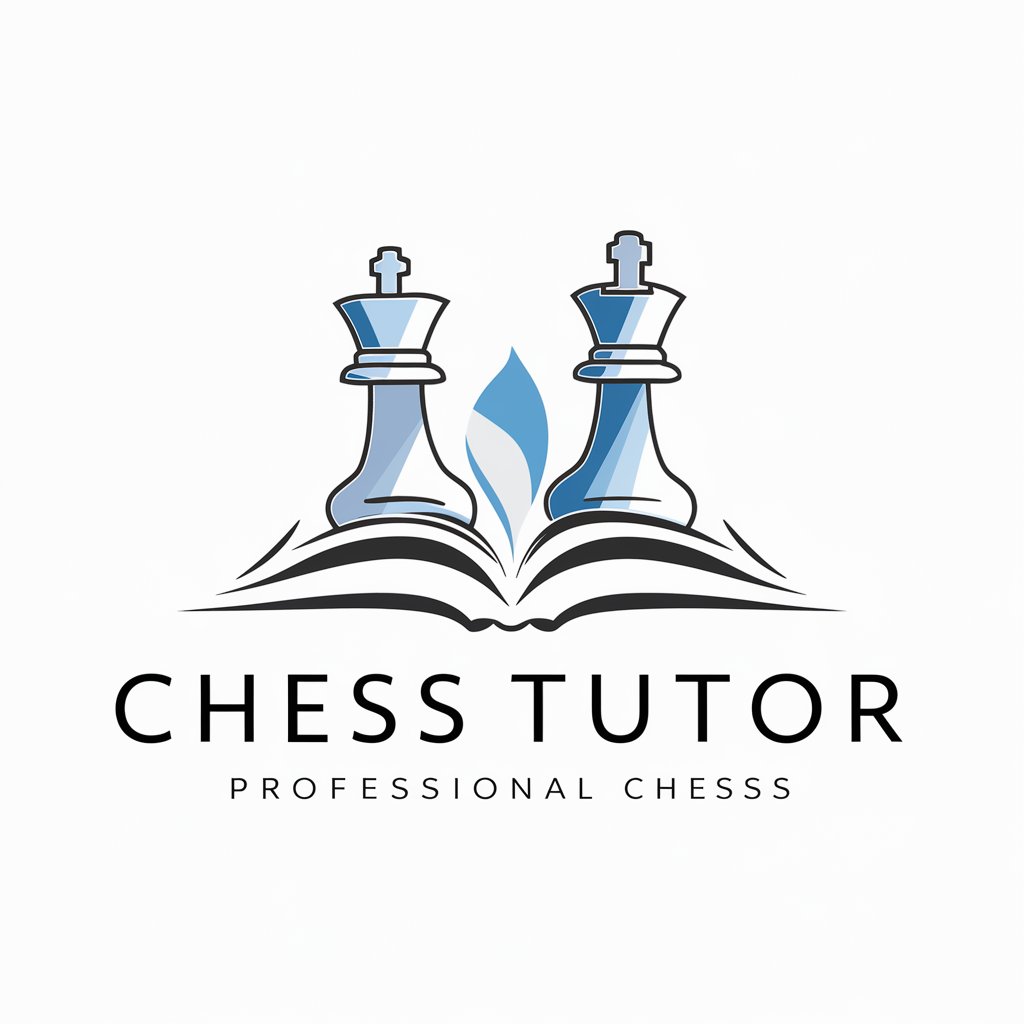
Welcome to Chess Tutor, your guide to mastering chess!
Master chess with AI-powered coaching
Can you analyze this chess position for me?
What are some effective strategies for the middle game?
How can I improve my endgame tactics?
What are the best openings for beginners to learn?
Get Embed Code
Introduction to Chess Tutor
Chess Tutor is designed as a sophisticated AI-driven platform with the primary goal of enhancing the chess skills of its users through in-depth strategies, tips, and personalized guidance. It acts as a virtual chess coach, offering insights into all phases of the game, from the opening moves to the complexities of the middle game, and the precision required in the endgame. Unlike generic chess teaching aids, Chess Tutor is equipped to analyze specific positions, suggest optimal moves, and provide tailored advice based on the user's skill level. For example, if a user is struggling with the execution of the Sicilian Defense, Chess Tutor can dissect key variations, suggest improvements, and offer practice scenarios to master this opening. Powered by ChatGPT-4o。

Main Functions of Chess Tutor
Positional Analysis
Example
Analyzing a board where the user is unsure whether to exchange a bishop for a knight in a closed position.
Scenario
Chess Tutor will evaluate the specific position, considering factors like pawn structure and potential future mobility, to advise on the trade-off, illustrating the decision with historical games or theoretical positions.
Tactical Training
Example
Identifying tactical themes like pins, skewers, and discovered attacks in user-submitted game positions.
Scenario
By breaking down the position, Chess Tutor highlights tactical opportunities or threats, offering puzzles or positions that emphasize similar patterns, thereby improving the user's tactical sharpness.
Opening Repertoire Development
Example
A user wants to build an opening repertoire suited to their aggressive playing style.
Scenario
Chess Tutor provides an overview of aggressive openings, delves into the main lines and ideas of chosen openings, and suggests training methods and resources to solidify understanding and recall during games.
Endgame Strategy
Example
Explaining the technique for winning with a king and pawn against a king.
Scenario
It will teach the user the concepts of the opposition and triangulation, using step-by-step instructions and providing practice positions to ensure the user can apply these concepts in their games.
Game Review and Analysis
Example
Reviewing a game where the user lost despite having a material advantage.
Scenario
Chess Tutor analyzes the game, identifying key moments where strategic or tactical misjudgments occurred, and offers detailed advice on alternative strategies or moves that could have changed the outcome.
Ideal Users of Chess Tutor
Beginner Players
Those new to chess will benefit from basic strategies, understanding of rules, and introductory tactics provided by Chess Tutor, which can lay a solid foundation for their chess journey.
Intermediate Players
Players with a grasp of chess fundamentals who are looking to improve their game through better understanding of openings, middle-game strategies, and endgames. Chess Tutor can provide personalized tips to overcome plateaus in skill level.
Advanced Players
Experienced players seeking to refine their strategies and delve deeper into the complexities of chess will find Chess Tutor's ability to analyze advanced positions and offer high-level insights invaluable.
Chess Enthusiasts and Hobbyists
Individuals who enjoy chess as a hobby and wish to enhance their enjoyment and understanding of the game through learning and applying new strategies.
Competitive Players and Tournament Preparers
Those preparing for tournaments or competitive play who require in-depth analyses of their own games or potential opponents' games. Chess Tutor can help in identifying weaknesses and reinforcing strengths.

How to Use Chess Tutor: A Step-by-Step Guide
Start Free Trial
Begin by visiting yeschat.ai to start your free trial. This platform allows you to access Chess Tutor without the need for login or a ChatGPT Plus subscription.
Select Your Skill Level
Choose your current chess skill level from the options provided. This helps Chess Tutor tailor its advice, puzzles, and lessons according to your specific needs.
Explore Learning Modules
Navigate through various learning modules ranging from openings, middle game tactics, to endgame strategies. Select areas where you seek improvement.
Engage in Practice Sessions
Utilize the interactive practice sessions to apply the strategies learned. These sessions include simulated games, puzzles, and scenario analysis.
Review and Reflect
After each session, review the feedback provided by Chess Tutor. Reflect on the insights and suggestions to integrate them into your game.
Try other advanced and practical GPTs
Chess Mentor
Master chess with AI-powered guidance.
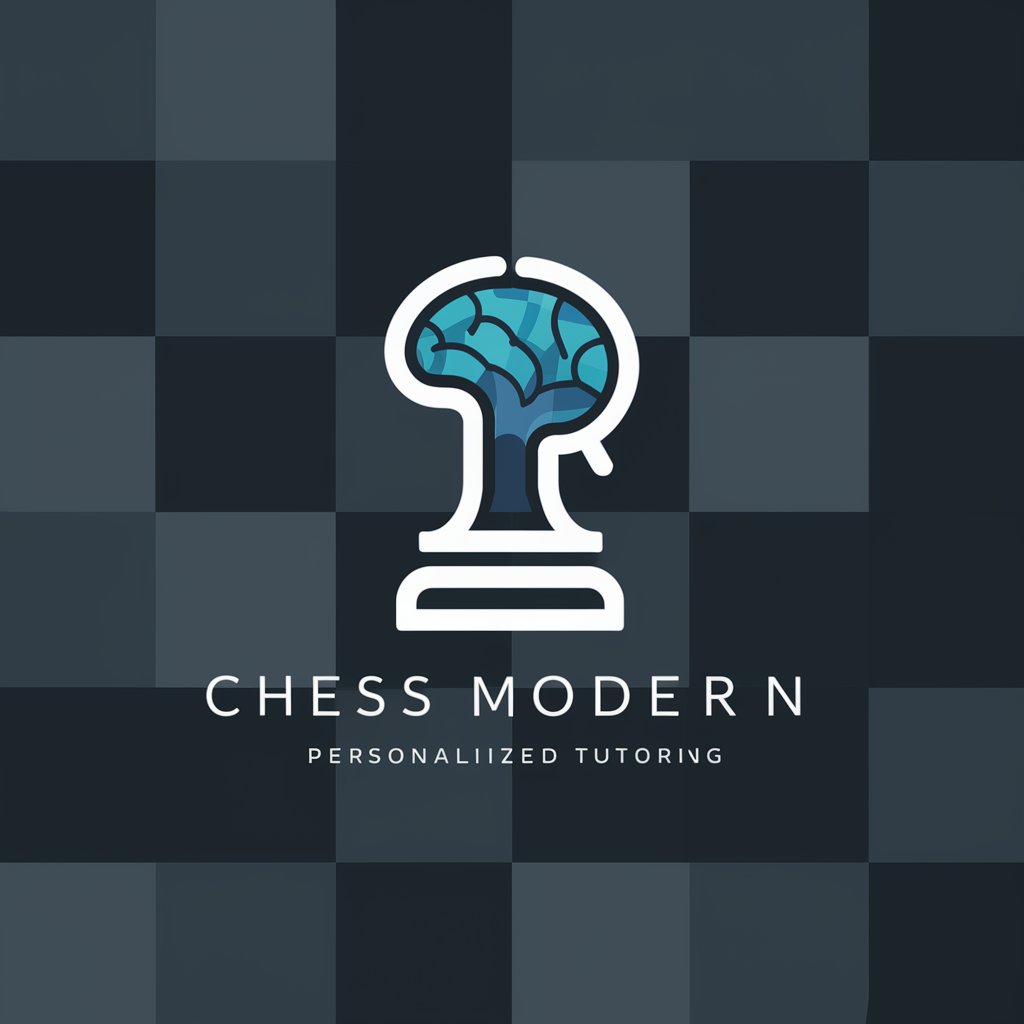
JDB Account Manager
Empowering Creative Campaigns with AI

Give me a Santa Hat
Turn Your Photos Into Holiday Magic
Give Me Content Creation
Elevate Your Listings with AI-Powered Creativity

Langchain Guide
Empowering AI Integration with Langchain Guide
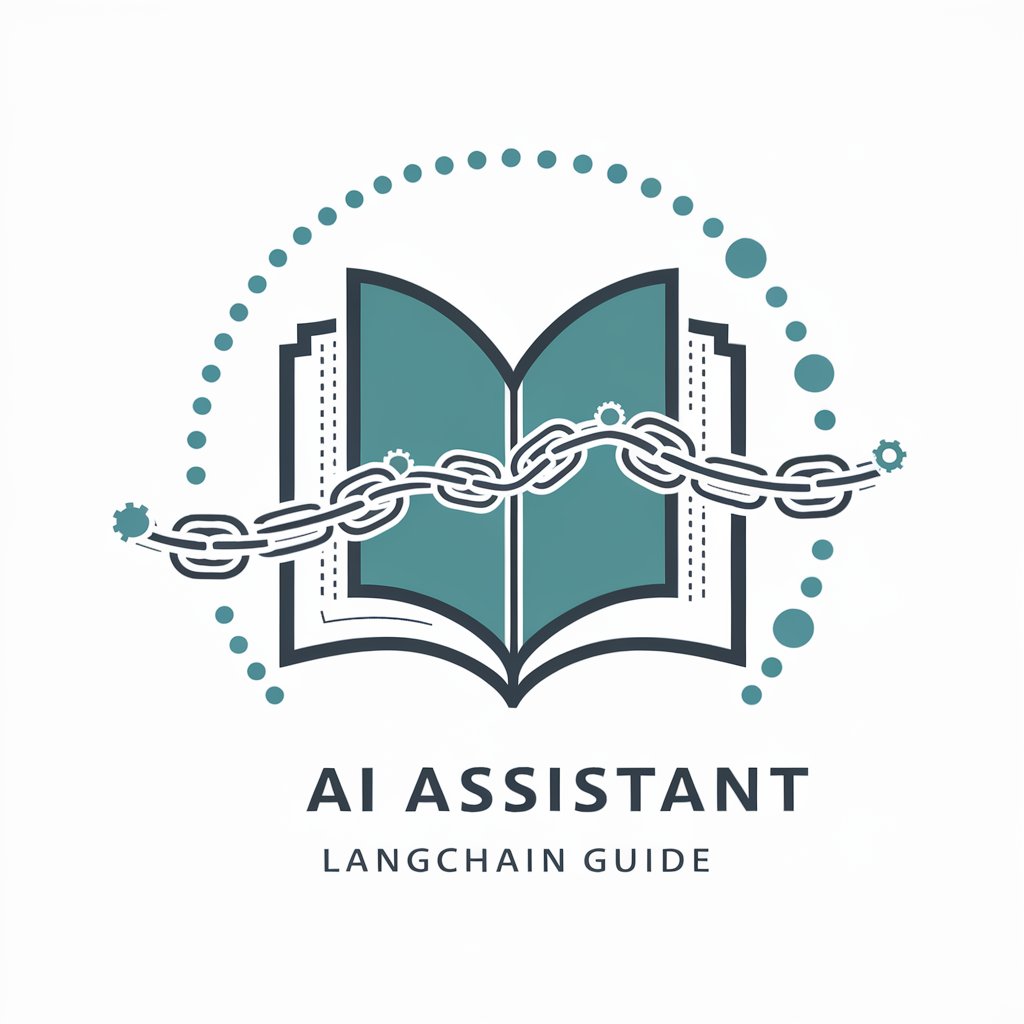
Prompt Assistant
Refine your prompts with AI precision.

Premium AI Chess Tutor
Elevate Your Game with AI-Powered Chess Insights
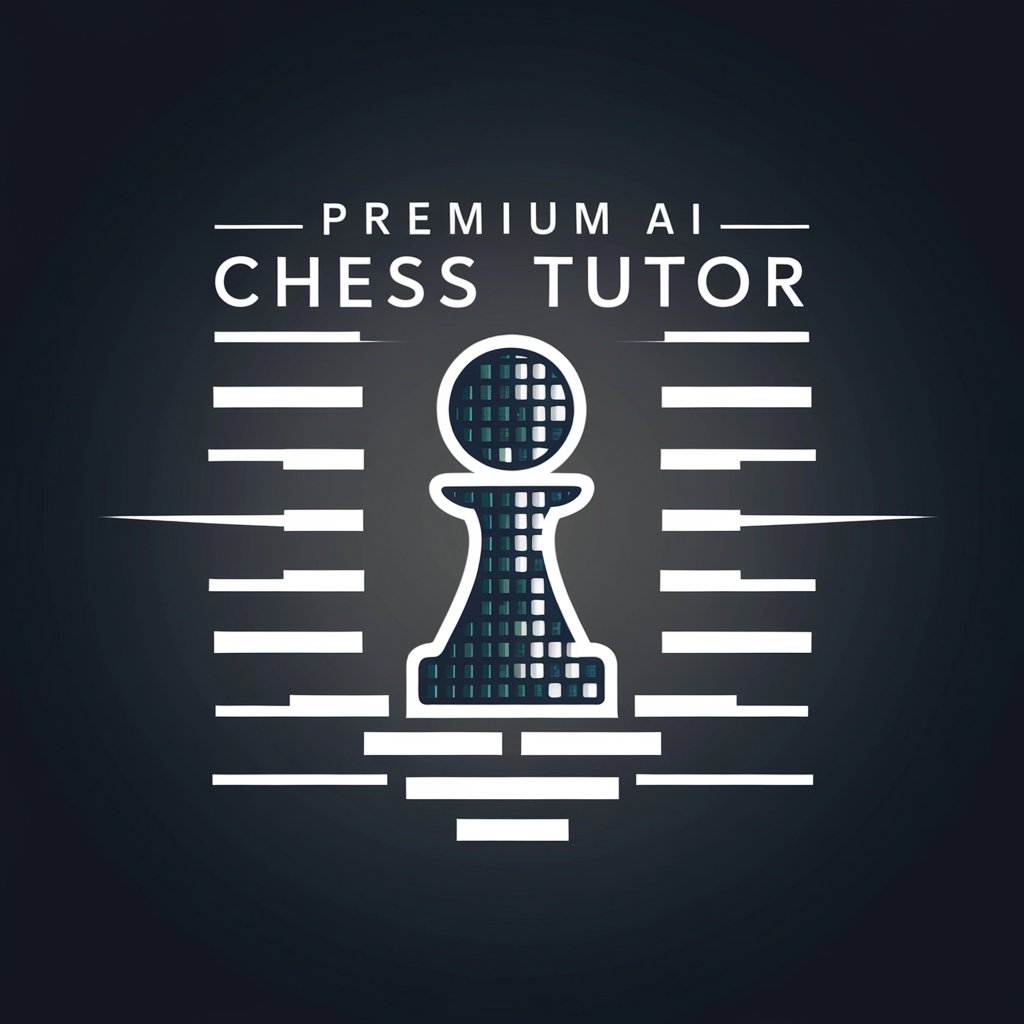
ChessMate Tutor
Elevate Your Game with AI-Powered Chess Insights
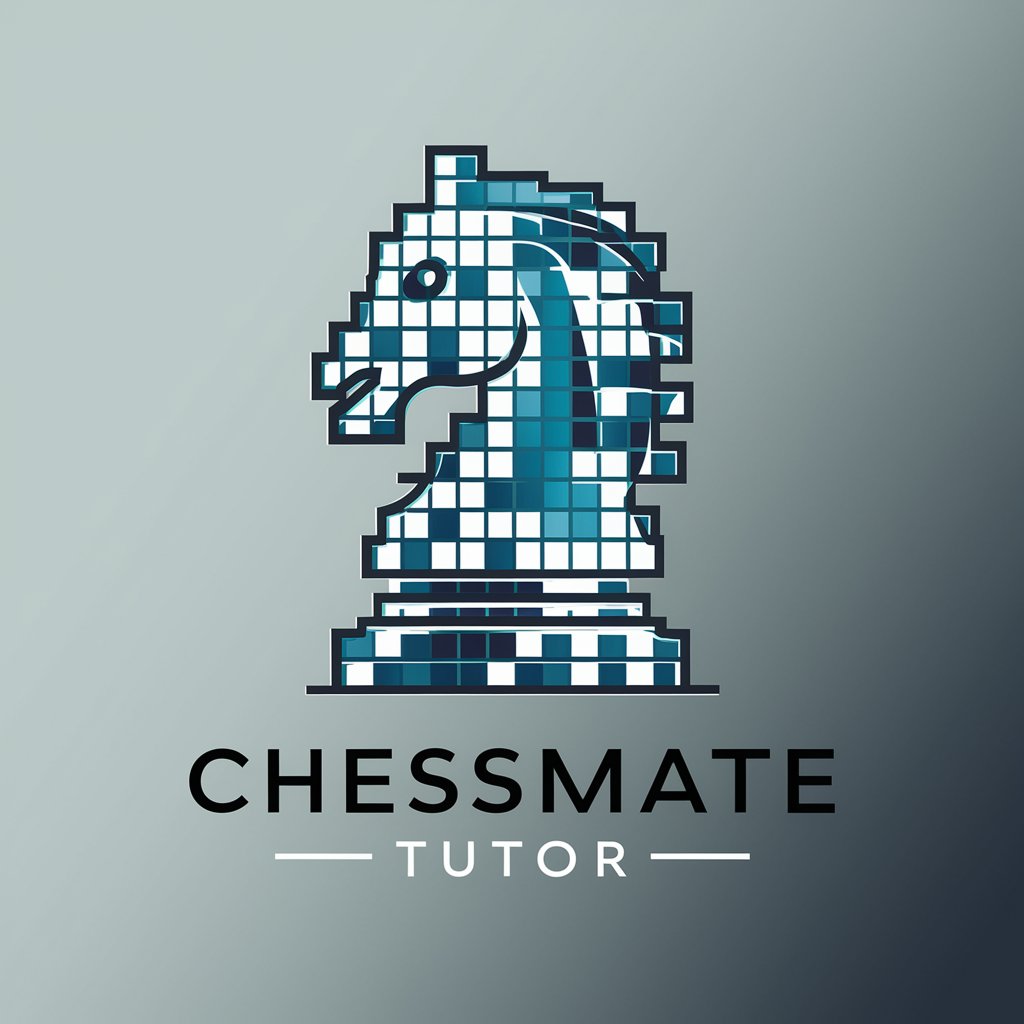
Chess Mentor Enhanced
Elevate Your Chess Game with AI
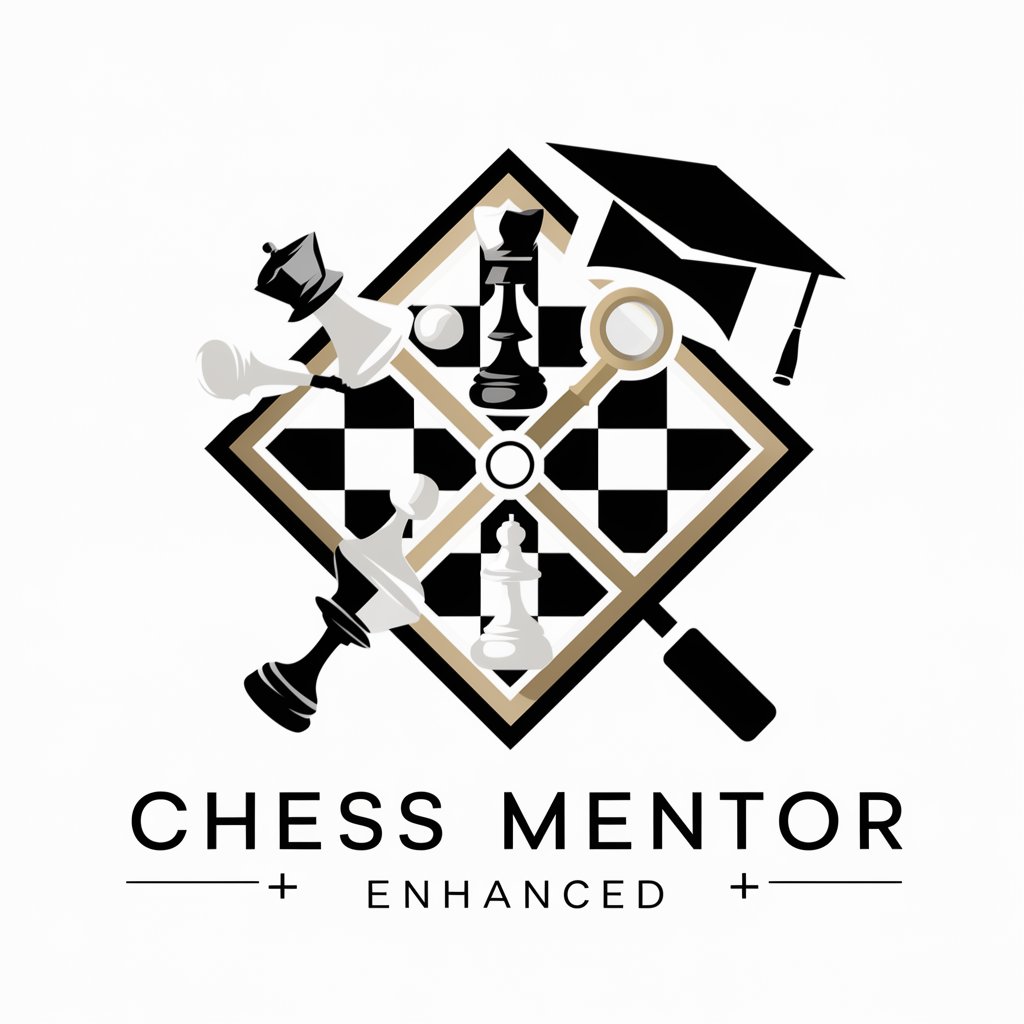
Chess Tutor
Elevate Your Chess Game with AI
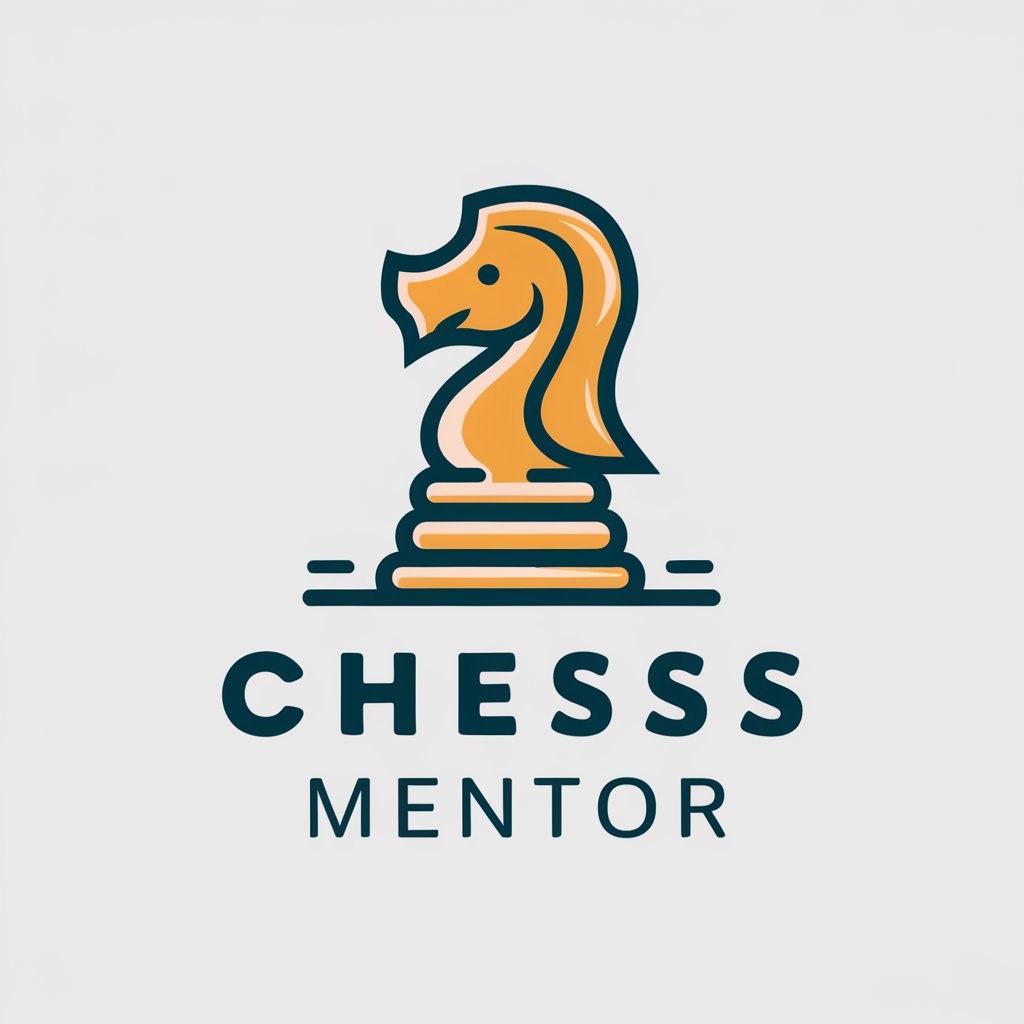
Chess Mastery for Beginners
Master Chess with AI-powered Guidance
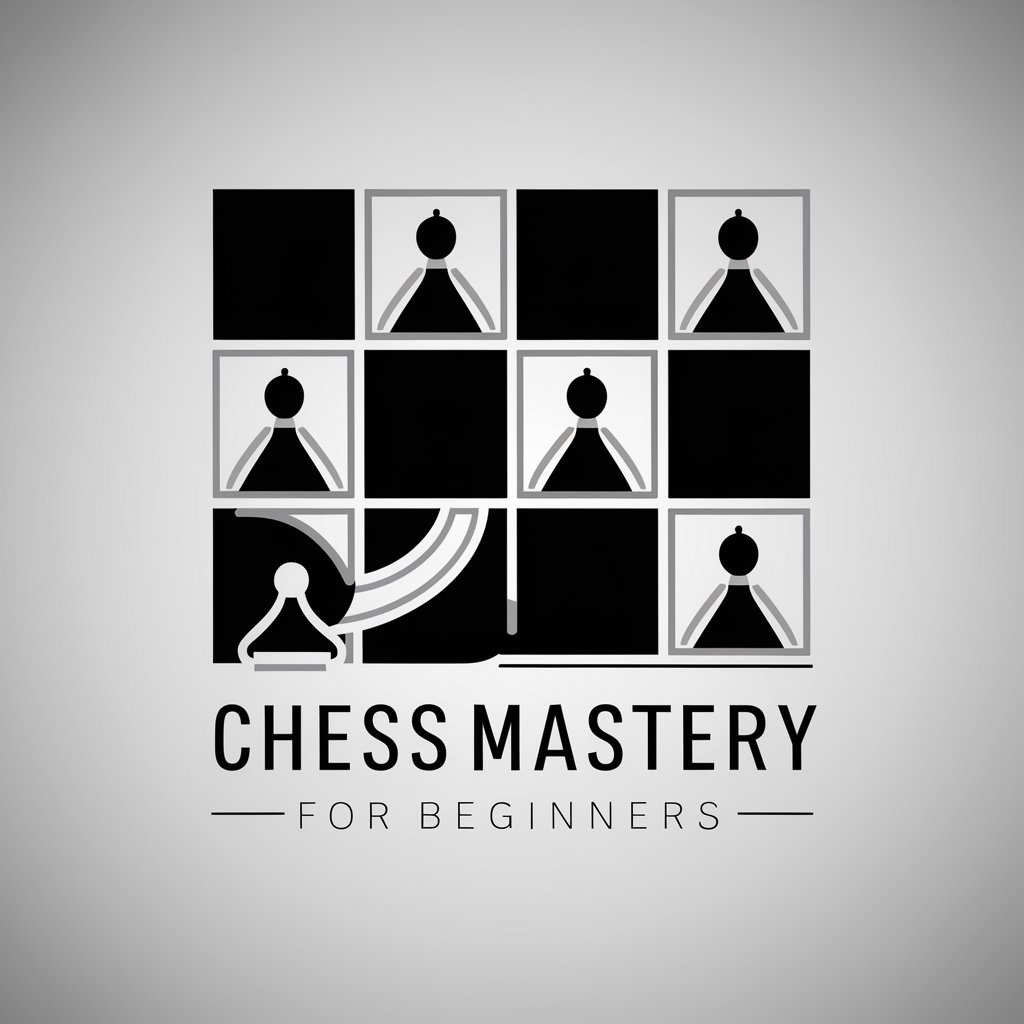
Fabo Landry
Turning Learning Into a Joyful Journey.

Frequently Asked Questions About Chess Tutor
Can Chess Tutor help beginners?
Absolutely, Chess Tutor is designed to cater to all levels of chess players, including beginners. It offers foundational lessons on chess rules, basic strategies, and common openings, making it ideal for those just starting out.
Does Chess Tutor offer personalized training?
Yes, Chess Tutor provides personalized training sessions based on your selected skill level and identified areas for improvement. It adapts its teaching methods and puzzles to fit your individual learning curve.
Can I use Chess Tutor to prepare for tournaments?
Certainly. Chess Tutor is equipped with advanced modules and practice sessions that can help you refine your tactics, strategy, and game management, all of which are crucial for tournament play.
How does Chess Tutor improve my endgame skills?
Chess Tutor offers specialized modules on various endgame scenarios, teaching you techniques to capitalize on minimal advantages and convert them into a win. It covers key concepts like pawn structures, piece activity, and king safety.
Is there a community or forum within Chess Tutor for discussing strategies?
While Chess Tutor primarily focuses on personalized training, it encourages learners to share insights and discuss strategies through external chess forums and communities, fostering a broader learning environment.
